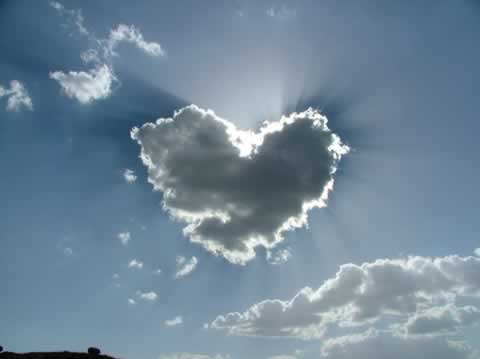 With Valentine’s Day just a few days away, it’s apparent that love is most certainly in the air. Yet as I pondered this, I began to think of what love really is. It’s not just some pitter-patter of the heart or temporary infatuation, but rather an emotion that comes from appreciation and affection for the special people in our lives. These are feelings built over time, through experiences together, and with mutual support in both good times and bad. If love is a feeling (some would say it’s an action) that stems from gratitude, then we might expect to see that the happiest couples are those that truly value and are thankful for one another.
With Valentine’s Day just a few days away, it’s apparent that love is most certainly in the air. Yet as I pondered this, I began to think of what love really is. It’s not just some pitter-patter of the heart or temporary infatuation, but rather an emotion that comes from appreciation and affection for the special people in our lives. These are feelings built over time, through experiences together, and with mutual support in both good times and bad. If love is a feeling (some would say it’s an action) that stems from gratitude, then we might expect to see that the happiest couples are those that truly value and are thankful for one another.
Research shows that gratitude is connected with healthier, happier, and more hopeful lives and relationships, and that grateful people feel more connected with others, are engaged in more altruistic behaviors. They’re also less anxious, depressive, lonely. Perhaps most importantly, gratitude facilitates forgiveness.
Generally speaking, gratitude feels good, both for you and the people for whom you are grateful. Like Dr. Michael McCullough explained in a New York Times article last fall, “Gratitude is what happens when someone does something that causes you to realize that you matter more to that person than you thought you did.”
If you would like to explore gratitude in your own life, check out our Gratitude Disposition Scale. And don’t forget to spend a few minutes today pondering the people for whom you are most grateful.
This post was contributed by Natalia Kominiarczuk, MA, volunteer research assistant in the Personality and Well-being Lab at San Francisco State University.

